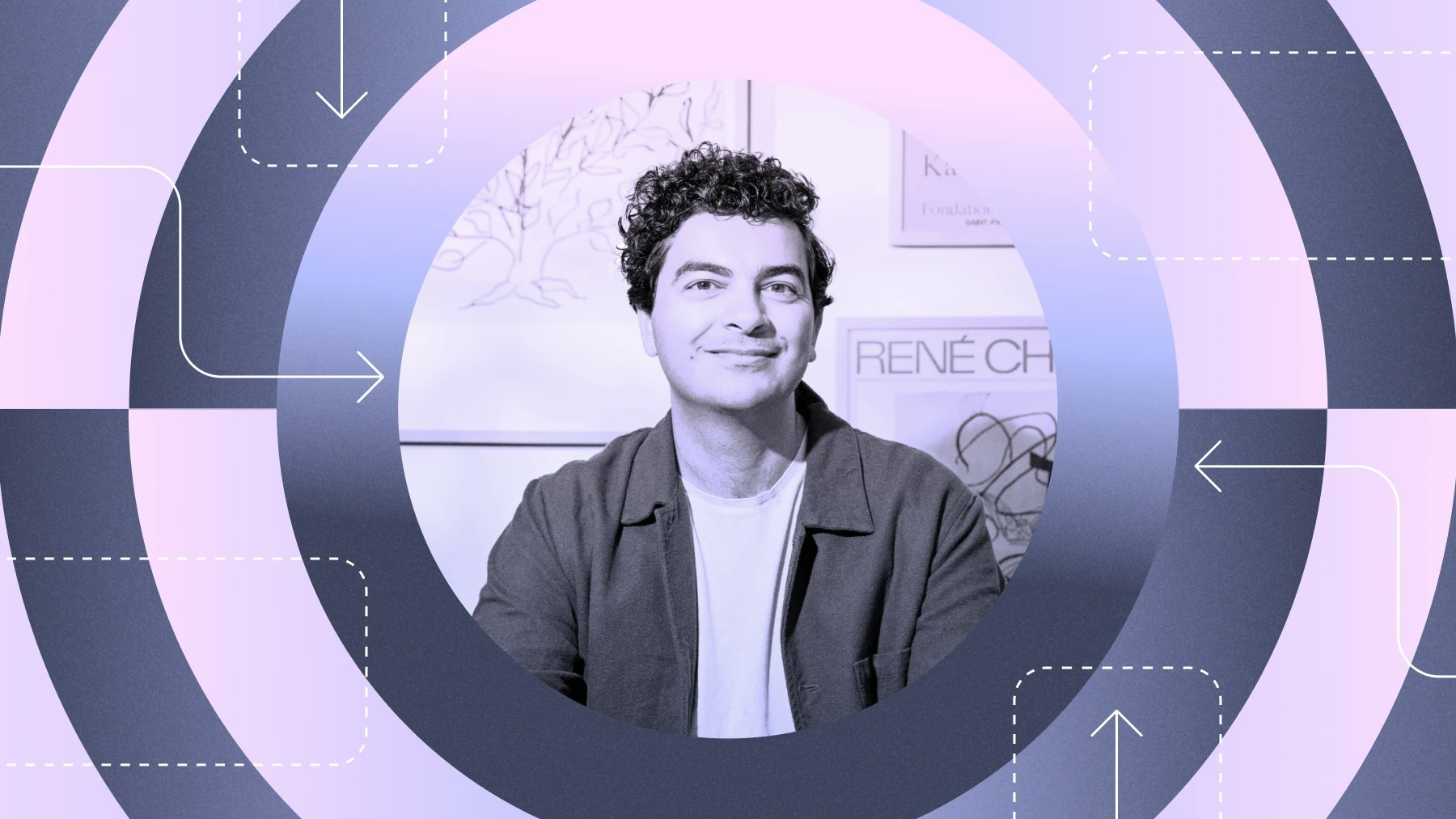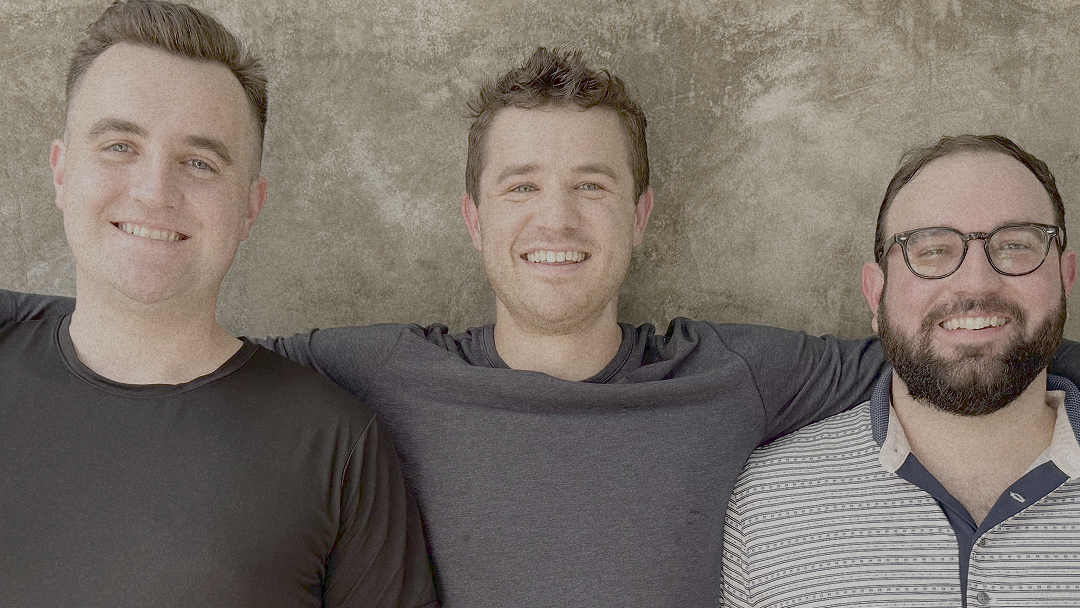How I CEO: On taking advice as a leader

Co-founder and CEO of Mercury.
Over the next few months, I (Immad Akhund, CEO of Mercury), will share my stories, learnings, and tips for other leaders based on what has worked for me. I started my entrepreneurial journey 16 years ago as a recently graduated engineer and have had to learn all the “CEO” lessons the hard way — often feeling like I was making it up as I go. How one leads as a CEO is extremely dependent on any number of factors, like your style, your company, your stage, or your industry. Rather than taking these ideas as ones to copy verbatim, take them as food for thought — one example to learn from amongst the many.
When the idea for this series arose, one of my first thoughts was whether my advice or learnings as a CEO would be valuable to others. After all, I’ve hardly mastered the art of “CEOing” and, in fact, don’t know that it can be mastered. Still, I have learned from leaders around me, and realize that my own experience can help answer others’ questions as they build their own companies and define their styles of leadership.
With that in mind, it seemed only natural to kick off this series with my thoughts on how to learn and contextualize advice as a leader — whether you’re getting that advice from your network, your investors, or, in this case, me.
The role of a CEO is a strange one in that you have to be constantly learning, and yet have nobody from whom you can learn very easily. There is only ever one CEO in your exact position, and that’s you. As a CEO, you don’t have a lot of the same structures or relationships around you that one might typically learn from. There are no managers or direct peers who are doing quite what you do. Also unlike most traditional roles, most founder CEOs are in a position where they’re doing a job that they’ve never done before — a job that, beyond being unfamiliar, is also constantly changing. Your role as a CEO today might be vastly different from your role as a CEO six months down the road as your team grows. Engineering, sales, fundraising — these are all different things that you might have your hands in at any given time. Plus, there’s hiring, which involves familiarizing yourself to a certain extent with each distinct function so that you can hire the right people for your company. And then once you’ve hired a strong team, it might be time to go out and fundraise again — but raising a Series A is different from raising a seed, so you’re once again tasked with learning as you go.
The question then becomes, how does a CEO learn along the way? For me, one of the most valuable things has been to seek out advice. I think a “bad” CEO is one who doesn’t proactively source advice from the right people. In my experience, I’ve usually found that the best people to get advice from are CEOs and investors, with a few main callouts:
- When seeking advice from other CEOs, I believe it’s best to turn to CEOs that are slightly further along — like looking to the CEO of a Series B company as the CEO of a Series A company or something like that. This way, you’re taking advice at a point where it still feels fresh in a CEO's mind but considerate of the bigger picture and potential outcomes. For that same reason, you also don’t want to turn to someone who is so much further along that they likely haven’t dealt with your situations or particular pain points in a long time. For example, if you ask someone who’s got a 10,000-person company for advice on a very uniquely seed-stage situation, they’ll still give you advice, but it’s likely that it might be outdated or possibly based on information that has since been misremembered or reinterpreted. In that way, the intention of the advice might be sound, but the advice itself might be irrelevant or misleading.
- When seeking advice from investors, I tend to rely on them most for fundraising advice unless that investor has very recently been an active entrepreneur and can speak from recent experience on running a company. Investors can also be really useful in pointing you to other people who could be great advisors or giving you general pattern-matching advice on what they have seen work at other portfolio companies.
But even once you identify people from whom you can learn, advice is always tricky. After all, if knowing what to do was so simple or obvious, then you wouldn’t need advice in the first place. In that sense advice often is somewhat non-obvious in nature.
Nobody is ever quite in your shoes, and everyone will always do things slightly differently. For that reason, when seeking advice, I always consider a) situational dependence and b) the why behind the advice.
Keep the knowledge flowing
Get a monthly round-up of resources and insights from industry leaders.
In regards to situational dependence, I find it helpful to ask yourself, “What was a person’s situation and why did their particular approach make sense given their circumstances?” In some cases, you might find that there’s actually a good match, like in the case of your companies being quite similar. When that happens, the advice might be easier to translate to your own role or company. In other cases, you might find that the situations are just too different for it to be a 1:1 comparison. So considering the context of why someone’s advice made sense in their particular situation is important to seeing how applicable it is to you.
The “why” behind their advice can help you adapt someone else’s advice to your situation. (As a general point, I am a fan of using a framework like the five whys to try to get to the first principle of the advice).
For example, when starting Mercury, I talked to a lot of fintech and banking lawyers about whether we should become a chartered bank or whether we should partner with an existing bank. This led to a lot of conflicting opinions, where some felt that being chartered was the only way and others felt that partnering was the right approach. I realized that lawyers who help get you chartered have a strong incentive to push that suggestion as they can get a lot more fees from you — and frankly, that's all they know. Hearing contradictory advice in this situation helped me understand what was really black and white versus what was unknown. The takeaway is that when multiple “authorities” give contradictory advice, you are probably in a situation where you have to use your own judgment and think about your long-term vision.
This particular example is also a good reminder that considering a range of viewpoints and perspectives helps avoid any potential biases or gaps in the advice you’re receiving. You should never simply go out, get advice from a single person, and be done. Generally speaking, I like to have at least three or four data points at minimum. That exact number might change based on the scope of the decision — for example, consulting one person might be adequate if you’re deciding on a good location for an offsite, but if you’re looking for advice on a new startup idea, you might want to talk to 10+ people in addition to potential customers. One way to know if you have talked to enough people is if the advice you are getting starts sounding repetitive. This can sometimes happen in as little as three conversations, but sometimes it takes many more as your questions begin to change and improve with the more people you talk to. There’s no exact science to it, but I think just considering the scope of the decision in relation to the number of people you’re sourcing feedback and advice from is critical — along with making sure that there are diverse perspectives represented in your dataset.
As an anecdote, when I was about to go raise a Series B for Mercury I had never raised a growth round before and didn’t know how to value the company. Via investors and my own network, I got in touch with five unicorn founders who had raised a round within the last two years, and within a few conversations, I went from very low confidence on how to do it to a pretty good understanding of how to pitch growth investors and what valuation range to target.
And a final thought — something I’ve found to be an important element of continued growth and learning as a CEO is maintaining a certain level of humility and comfort with not knowing all the answers. I think very often, CEOs succumb to a tendency to think that, as leaders, they’re meant to have all the answers. The reality, though, is that I’ve learned a lot by leaning on my co-founders and posing questions to my team in moments of uncertainty. The feedback I get from them — and even just the opportunity to think about a question out loud with my team and co-founders as a sounding board — allows me to consider things I hadn’t before or tap into the expertise of my team where my knowledge or skills might not be as strong. In that way, I think that learning as a CEO — beyond who you learn from and how you learn — comes down to an openness to learn in the first place.
About the author
Co-founder and CEO of Mercury.



